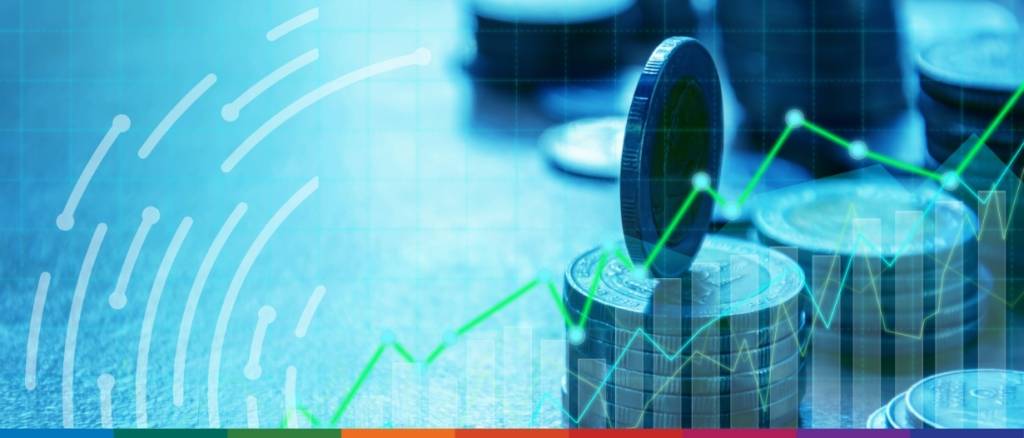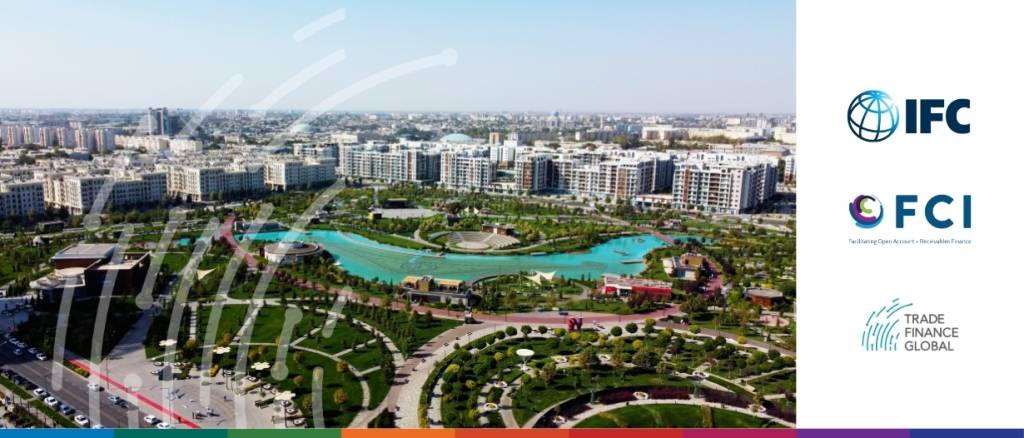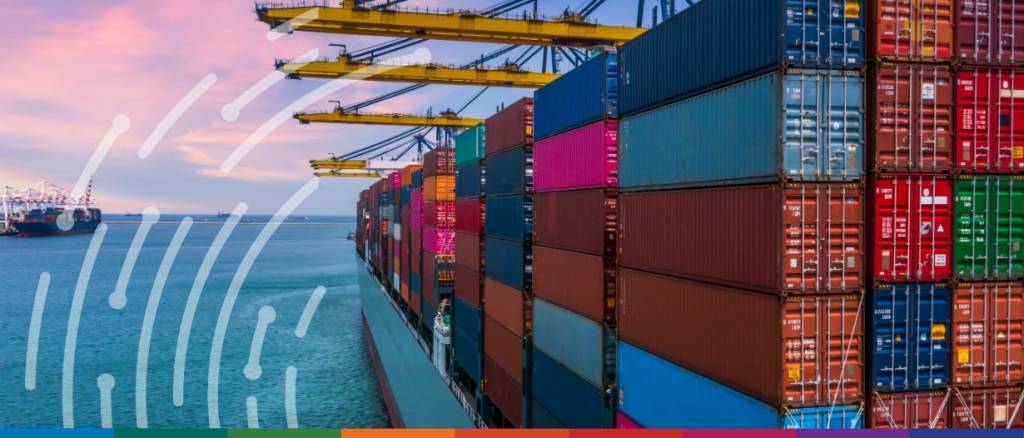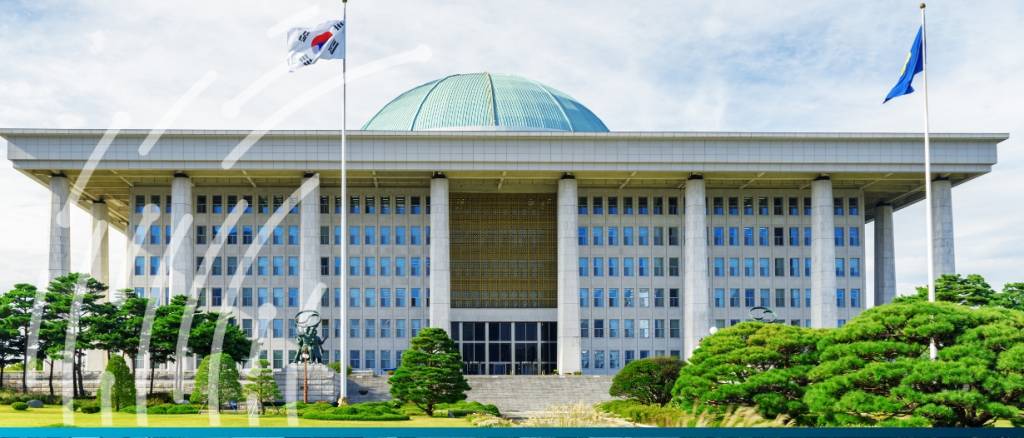The Bank of England’s Prudential Regulation Authority (PRA) announced on Friday it would delay the implementation of the Basel 3.1 rules to 1 January 2027 due to “uncertainty around the timing of implementation of the […] standards in the US”.
Treasury never sleeps. Well, treasurers might (if the job isn’t keeping them awake too much!) but the profession itself continues to evolve at speed. Tech is undoubtedly a major driving… read more →
The Asia-Pacific region (APAC) has remained a focal point for trade finance in 2024, with regulatory upheavals, geopolitical tensions, and significant shifts in business practices all impacting the sector throughout… read more →
Brazil is pioneering a digital transformation in trade finance that promises to revolutionise how small and medium-sized enterprises (SMEs) conduct cross-border business. At the intersection of technology and international trade,… read more →
At the FCI conference in Tashkent, Uzbekistan, Trade Finance Global spoke to Neil McKain, Country Manager for Uzbekistan at IFC, Davron Ismailov, CEO of Yangi Finance, and Sanjar Nosirov, Director of the Credit Institutions Regulation Methodology Department at the Central Bank of the Republic of Uzbekistan, to learn about the growth of cross-border and domestic trade within Central Asia and what factoring and supply chain finance can do to help.
This article covers the Hague-Visby Rules’ one-year time bar in relation to trade finance issued against a bill of lading as security and a claim for mis-delivery.
Digital trade finance has been top of mind for years, but most will agree that 2024 has seen a significant shift in mindset towards adoption. While the pandemic underscored the… read more →
The European Union (EU) formally recognised Georgia as a candidate for full membership in December 2023. But since then, the ruling Georgian Dream (GD) party has steered the country further… read more →
The unprecedented measure, unveiled on Thursday as part of the government’s 2025 Economic Policy Direction, comes as Asia’s fourth-largest economy braces for tepid export growth of just 1.5% this year,… read more →
Happy New Year from Trade Finance Global (TFG)! Bidding 2024 goodbye is the perfect opportunity to reflect on the wonderfully unpredictable world of trade, treasury, and payments. TFG have been… read more →
























